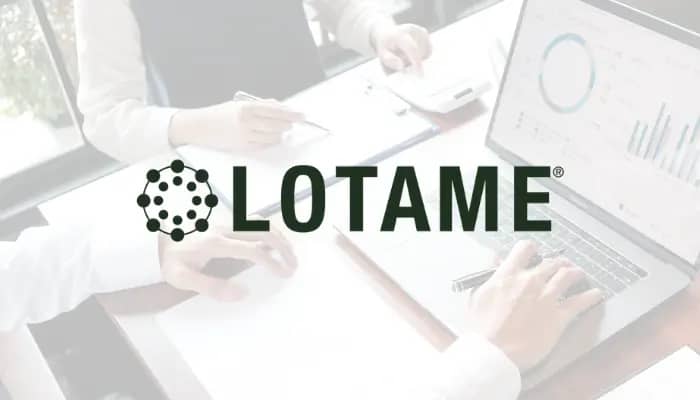Hong Kong – Over 90% of SMEs consider virtual banks with advanced technology services as convenient and efficient, a survey from the Hong Kong Association of Banks (HKAB) revealed.
The results of the survey showed a predominantly positive impression of virtual banks, with over 70% of the 1,000 individual respondents saying that virtual banks are innovative and convenient.
Interestingly, SMEs are found to have an even better perception of virtual banks. The majority, or over 90% of respondents, considered virtual banks with technology-enabled advanced services as convenient and efficient.
Virtual banks have various usage offerings and are typically used for general banking services. The most frequently used banking services for individual respondents were deposit or savings (63%), followed by credit card and debit card services (49%), and rewards such as cash rebates and free gifts (45%).
Deposits or savings (38%) also topped the list for SMEs’ most-used banking services, followed by investment funds (28%) and money transfers (28%).
With these offerings, the use of virtual banks has also been steadily rising, with 45% of the surveyed individuals opening virtual bank accounts. Additionally, 30% of respondents expressed an intention to sign up for a virtual bank account in the next three months.
High deposit interest rates, rewards for opening an account, and convenience were among the key factors that motivated individual respondents to open virtual bank accounts.
And with the increasing number of individuals and businesses utilising virtual banks for transactions, the survey also delved into how the public perceives and understands virtual banks.
The results from the survey revealed that more than half, or 52%, of individual respondents believed the advantage of virtual banks lay in reduced document requirements. Meanwhile, 50% believed virtual banks were innovative, and 48% believed virtual banks had lower fees.
Furthermore, more than 50% of individual respondents also considered themselves knowledgeable about and favourable towards virtual banks, as they perceived virtual banks’ services as essential to their financial needs.
On the corporate front, a staggering 90% of the surveyed SMEs expressed that virtual banks were convenient, as they provided fast and efficient service and contributed to enhanced operational efficiency. The results are reflected in the number of SMEs that have integrated virtual banking services into their business operations.
A significant 76% of the surveyed SMEs also possessed virtual bank accounts, while 79% also had accounts with traditional banks. This shows that there is an open interest in opening new accounts with virtual banks despite the existing traditional bank accounts, as SMEs are also found to be relatively concerned about service efficiency and convenience, brand and reputation, and the interest rate of savings.
HKAB’s survey also showed that there is a clear understanding of virtual bank regulations, with 75% of individual respondents stating they are aware that virtual banks are also licenced and regulated by the Hong Kong Monetary Authority (“HKMA”). This awareness rate is much higher among SMEs, at 79%.
Additionally, 65% of individual respondents and 62% of SMEs were also aware that deposit accounts in virtual banks are currently entitled to up to HKD 500,000 in protection.
According to the report, the deepening public understanding and interest in virtual banks can be attributed to their features, which offer convenient and secure services to customers.
One of these features is the robust security infrastructure and stable systems that effectively detect and prevent fraud, ensuring the utmost security for user accounts. Virtual banks now have high-value user security and mobile-binding authentication functions on top of their other identification features. Some mobile apps also feature a “report lost card” function to protect lost cards from unauthorised transactions.
Virtual banks now also prioritise transparent privacy management, placing a high value on the non-disclosure of customer information to third parties without the customer’s consent. Additionally, virtual banks, being part of the Hong Kong Deposit Protection Scheme, ensure that their depositors enjoy the protection of deposits up to HKD500,000.
And lastly, virtual banks also deliver innovative banking services that empower individuals and businesses to accomplish their financial objectives, all by harnessing the power of fintech.
A spokesperson for the Virtual Banking Education Taskforce of the Hong Kong Association of Banks stated, “The survey results demonstrated that over the past four years, the public has developed a more accurate and in-depth understanding of virtual banks. They recognised that virtual banks are no different from traditional banks in terms of regulation and deposit protection for account holders.”
They also added, “With this in mind, virtual banks can offer customers convenient experiences through fintech; for example, virtual banks provide 24/7 banking services and reduce the time required for account opening and loan approval. Overall, we are pleased to see the improvement in public and business perceptions of virtual banks. Going forward, the VBE Taskforce hopes to deepen public understanding of the features of virtual banks through intensified promotional efforts. As the public’s understanding of virtual banks deepens, it is widely believed that the popularity of virtual banks will continue to increase, further promoting fintech development in Hong Kong.”










